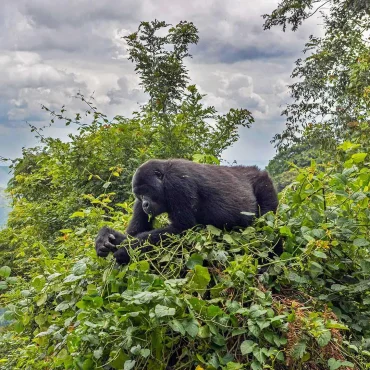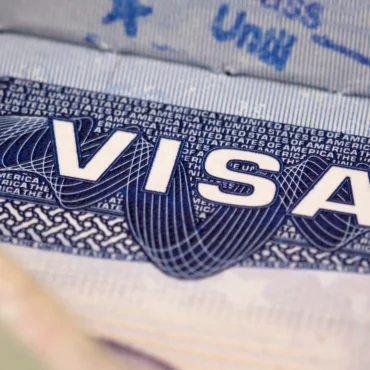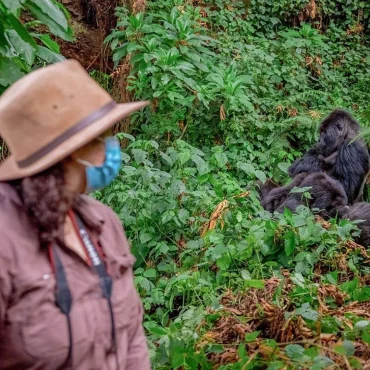Rwanda Safari Faqs
If you’re heading to Rwanda for a safari, get ready for an adventure that’s anything but ordinary. Famous for its mountain gorillas and natural scenery, Rwanda is a safari destination that can’t be ignored.
From wandering through mist-covered mountains in search of gorillas to browsing through lively local markets, the country represents a rich mix of wildlife and cultural experiences that appeal to all kinds of travellers. Let’s answer all your curious questions about Rwanda Safaris.
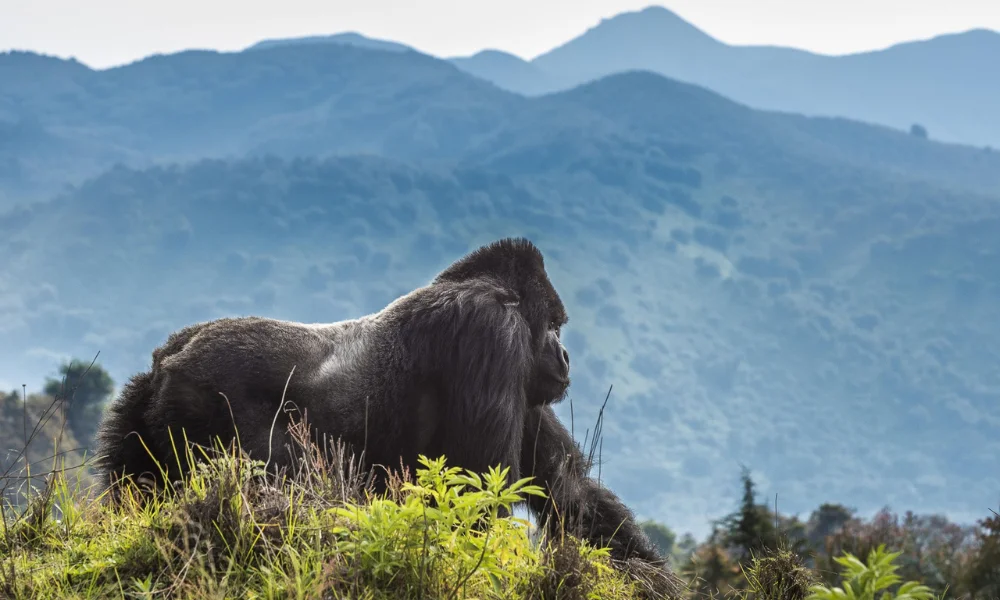
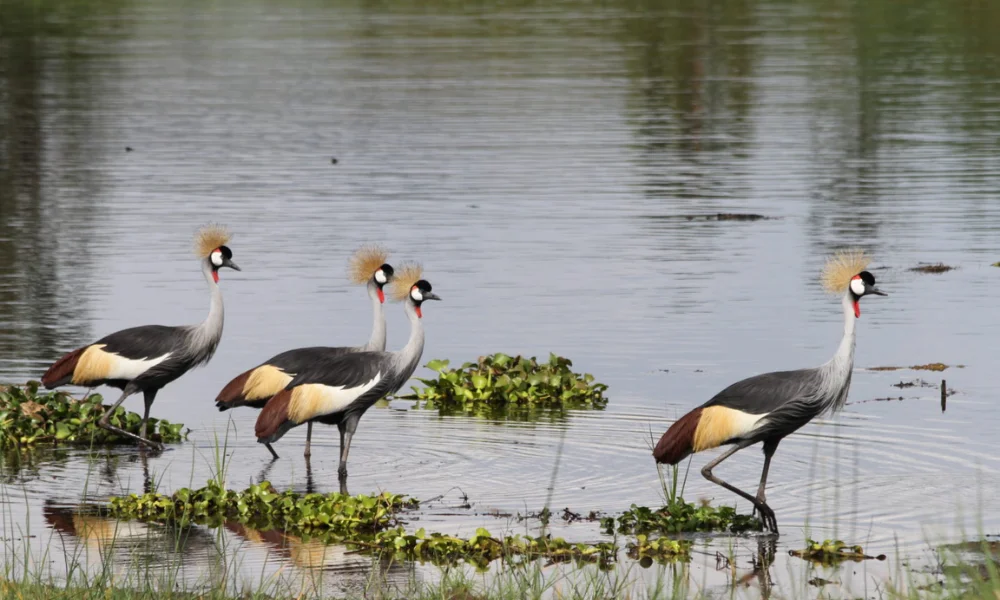
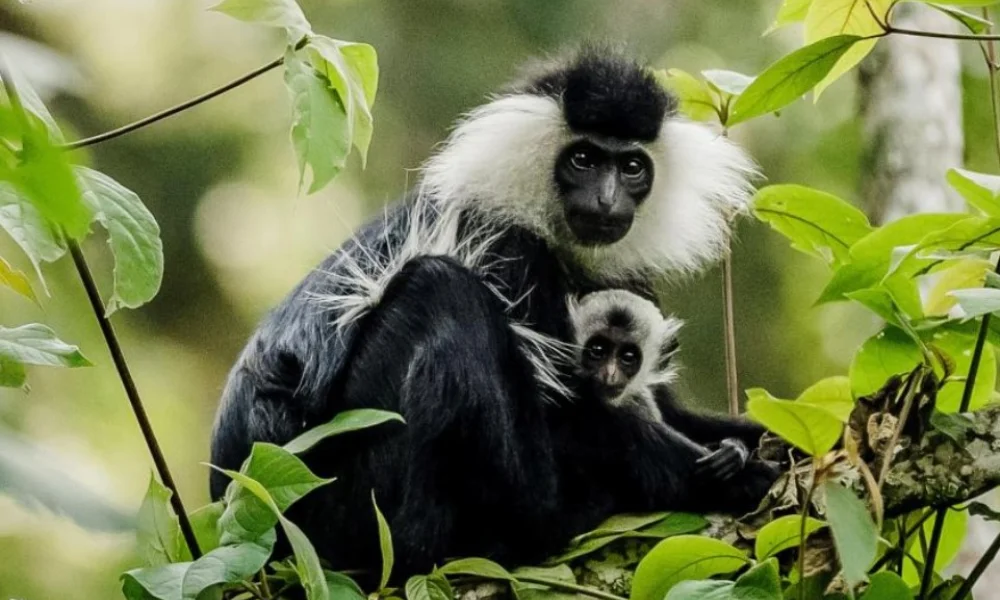
Rwanda Safari FAQs
Rwanda’s safari experiences are diverse, allowing visitors to engage in everything from gorilla trekking in Volcanoes National Park to wildlife safaris in Akagera National Park.
You can also enjoy chimpanzee tracking, birdwatching tours, and cultural excursions that offer insights into the local communities and their traditions.
The best times for a safari in Rwanda are during the dry seasons from June to September and December to February. These months typically feature less rainfall, making wildlife easier to spot and the terrain easier to navigate.
From luxurious lodges nestled in the heart of the national parks to budget-friendly guesthouses on their peripheries, Rwanda offers a range of accommodation options. These cater to various preferences and budgets, ensuring every traveller finds a comfortable place to stay.
Most travellers will need to obtain a visa for Rwanda, which can be applied for online or obtained on arrival.
Health-wise, vaccinations for yellow fever are recommended, and it’s advisable to check with health professionals for other recommended shots based on current health advisories.
The cost can vary widely, ranging from $200 to over $1000 per person per day, depending on the length of stay, type of accommodation, and included safari activities.
Beyond the popular mountain gorillas, Rwanda’s national parks are home to chimpanzees, elephants, buffaloes, lions, leopards, and an impressive array of bird species, offering rich wildlife viewing opportunities.
Rwanda is considered one of the safest countries for tourists in East Africa. With substantial investments in tourist safety and infrastructure, Rwanda ensures a secure environment for all visitors.
Essential items include lightweight clothing suitable for layering, sturdy hiking boots, a hat, sunscreen, insect repellent, a camera, and binoculars. Neutral colours are recommended to blend into the natural surroundings.
Booking through a reputable tour operator like Zawadi Experiences is recommended. We can provide tailored itineraries that include all necessary permits, accommodation, and transport arrangements, ensuring a first-class travel experience.
Yes, our Safari Tours In Rwanda include opportunities to participate in conservation efforts. Programs such as community clean-ups, tree planting, and educational workshops allow visitors to contribute positively to the environment and local communities.


